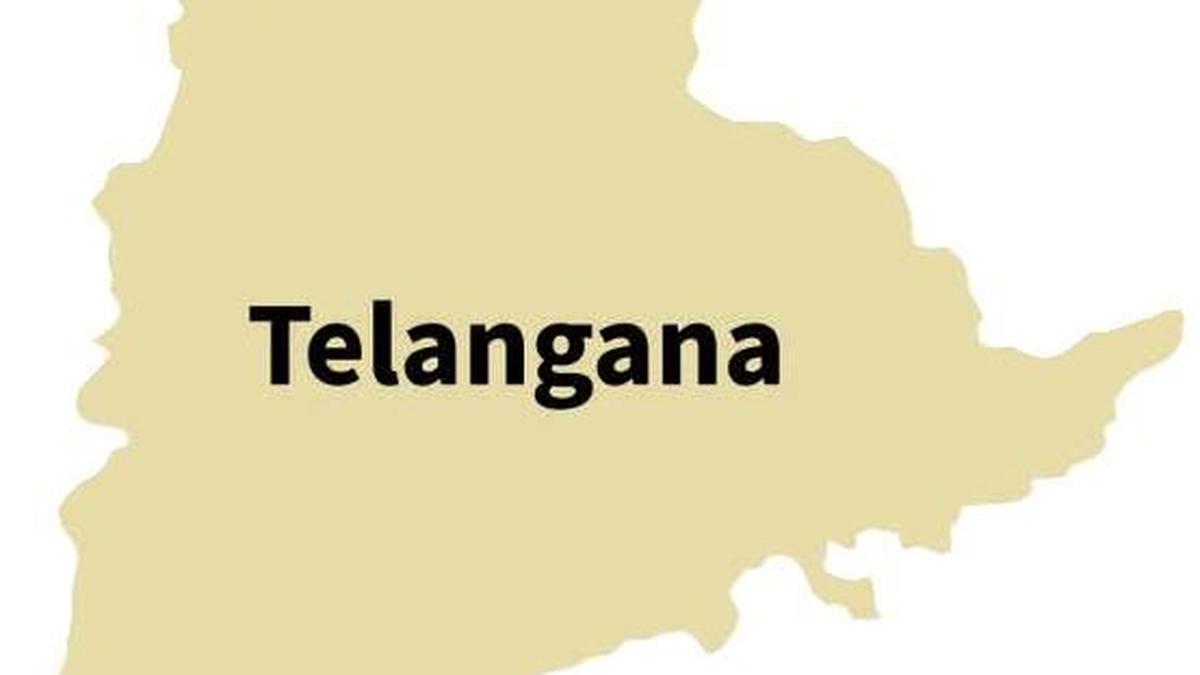The Telangana government is facing severe hardships due to the absence of the required number of All India Services (AIS) officers as senior secretaries, Heads of Departments and other key posts, notwithstanding the progress the State has been making in various key parameters.
The sanctioned strength of IAS officers at the time of the State formation in 2014 was 163, while the allocated strength of IPS officers was 139, and 81 Indian Forest Service (IFS) officers were sanctioned for the State. The strength of IAS officers has since increased to 208 after the Centre sanctioned an additional 45 posts for Telangana.
However, the State had only 170 IAS officers in position last year — 38 less than the sanctioned strength — with no significant increase since then. There was also a shortage of nine IPS officers. In all, 57 IFS officers were on duty, as against the sanctioned strength of 81, at a time when the threat of the Maoist resurgence, especially in the forests and fringe areas, continues to haunt the administration.
Bridging the gap
Faced with a shortage of officers to man crucial departments, the State has been requesting the Centre to allot more officers to bridge the gap in the delivery of services to the people.
The Telangana government has repeatedly stressed the need to enhance cadre strength, especially in view of the reorganisation of the State into 33 districts in place of 10, in the interest of administrative convenience. This requires at least 22 posts each for District Collectors and Superintendents of Police, in addition to other posts such as Joint Collectors and other roles filled by bureaucrats fresh into service.
The Centre has no doubt conceded the request to increase the strength of IAS officers by direct recruitment and promotions, but asserted that the process would be spread over a while.
Union Minister of State for Home Nityanand Rai told the Lok Sabha in December that the review of the IPS cadre in Telangana was under active consideration, but it was not feasible to specify a definite timeline for the process as it would be spread over a period of time.
Replying to a query by Bhongir MP Chamala Kiran Kumar Reddy, the Minister acknowledged that Telangana Chief Minister A. Revanth Reddy sent proposals regarding cadre review in January, August and October last year.
A similar proposal was received from the Telangana government in 2021, and 49 IPS officers have been appointed since then. According to a written reply given to the Lok Sabha by the Home Ministry in December last, there were 15 vacancies of direct recruits, 23 promotion posts of IAS officers and one and eight posts in the IPS cadre, respectively, in Telangana.
The plight of the State government in managing with the limited available resources is evident in its continued reliance on senior officers being given full additional charge of multiple departments.
The recent major reshuffle of the IAS officers, the first major one after Mr. Revanth Reddy took over the reins, has close to 10 officers given full additional charge of different departments.
The government has been requesting the Centre to allot at least 60 additional AIS officers and more IPS officers, given the requirements on account of district reorganisation and perceived Maoist activity.
The Chief Minister, during his recent meeting with Union Home Minister Amit Shah, requested the Centre to allot 29 more IPS officers, especially senior officers, to effectively maintain the law-and-order situation and control the threats posed by Maoists; however, the request has not been conceded yet.
Officials blamed the Department of Personnel and Training (DoPT) for not taking steps to revise cadre strength for almost nine years (Telangana was allotted 45 IAS officers in 2016). The DoPT, according to norms, should revise the cadre strength once every five years.
As Telangana continues its progress with a growth rate much higher than other States, the Centre should positively consider the State’s request to increase the allocation of AIS officers, as it will go a long way in the effective implementation of the schemes and programmes. The step is administratively expedient, not politically, in the larger interest of the people as a whole.
Published – May 08, 2025 01:40 am IST
